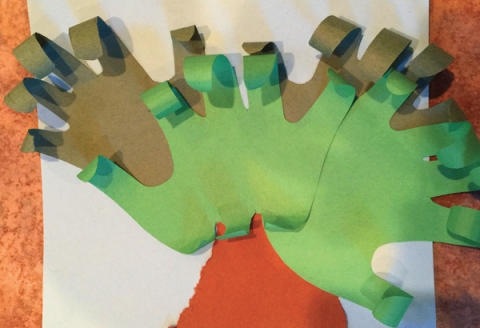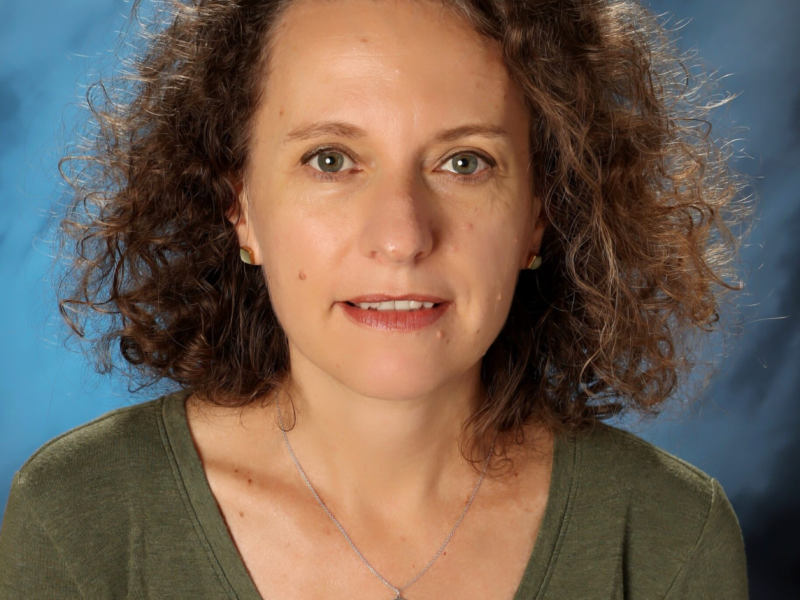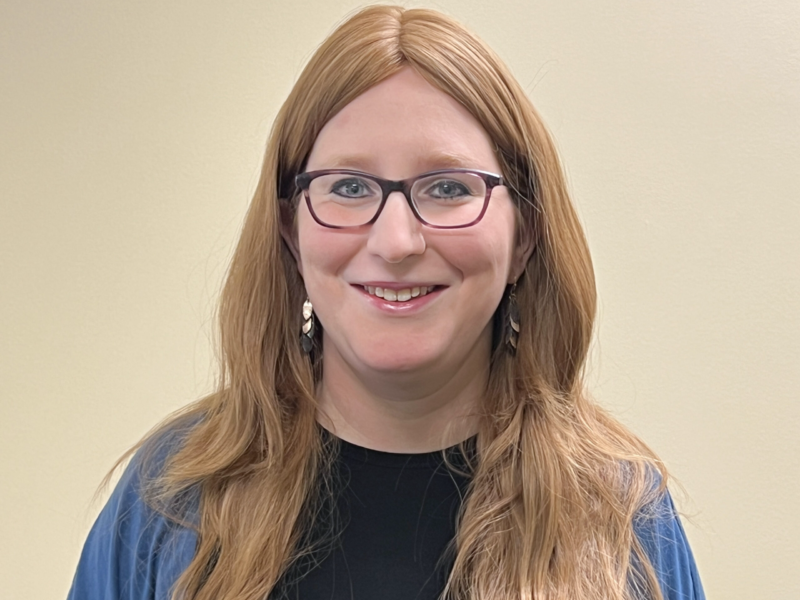
Tu B’Shevat, or the “New Year of the Trees,” is perhaps the most mercurial of Jewish holidays, with the rituals surrounding its observance shifting throughout the ages to meet the needs of the times. What began as a day to mark the age of fruit trees for tithing purposes when the Temple still stood in ancient Jerusalem has become a day devoted to honoring trees. A day for celebrating the wonders of G-d’s creation, it is also a day to consider our own responsibility toward nature.
Trees help to sustain and nurture us in countless ways. Just as G-d imparted the “breath of life” to Adam in the Torah, so do trees impart the breath of life to all of humanity by providing us with oxygen to breathe. Besides giving us firewood for warmth and cooking, paper for writing and lumber to build our homes, trees reduce erosion and even help combat the looming threat of climate change by absorbing atmospheric carbon.
As Jews, our tradition instructs us to care for the Earth. In the classic environmental call to arms, Earth in the Balance, then Senator Al Gore points out that while in the book of Genesis G-d grants humanity dominion over the planet, we are also responsible for being good stewards of the Earth. This position is supported by a midrash written by Rabbi Chanina concerning the conditional nature of human dominion over the Earth (Genesis Rabbah 8:12). In the midrash, Rabbi Chanina explains that “If the human being merits it then G-d says have dominion, while if he does not merit, then G-d says he will be taken down.” Thus, our ethical and moral conduct determines our authority (or lack thereof) over the planet. Or, in the words of another great Jewish sage, comic-book writer Stan Lee, “With great power comes great responsibility.”
In his book Pale Blue Dot, astrophysicist, author and atheist Carl Sagan draws upon Jewish tradition to illustrate humanity’s responsibility to the planet and the surrounding cosmos. “Consider a story in the Jewish Talmud left out of the Book of Genesis. In The Garden, God tells Eve and Adam that He has intentionally left the Universe unfinished. It is the responsibility of humans, over countless generations, to participate with God in a ‘glorious’ experiment – the ‘completing of the Creation.’ The burden of such a responsibility is heavy, especially on so weak and imperfect a species as ours, one with so unhappy a history. Nothing remotely like ‘completion’ can be attempted without vastly more knowledge than we have today. But, perhaps, if our very existence is at stake, we will find ourselves able to rise to this supreme challenge.”
The near-term future promises a profusion of ecological and existential challenges for humanity to rise to. While the Pacific Northwest is expected to be more insulated from the effects of climate change than other regions, there is still cause for concern. A study published in the journal Forest Ecology and Management predicts that warmer, drier weather expected in the coming century will inhibit forest regeneration after major fires. These effects will be most pronounced in areas of lower elevation and in drier regions of Oregon, potentially leading to long-term deforestation. With fewer trees available to absorb carbon dioxide from the atmosphere, the pace of global warming will only accelerate.
We can do our part to mitigate the effects of climate change by planting trees in our backyards, schools or parks. What better way to practice tikkun olam (repair of the world) on Tu B’Shevat than by helping to plant trees? Believe it or not, late winter is a great time to plant trees in many parts of western Oregon. While Tu B’Shevat is tied to the agricultural cycles of Israel, the first buds and blossoms often appear on trees at this season in many parts of Oregon as well. In downtown Portland, I have seen trees blooming as early as late January. Of course, depending on where you live in Oregon, the ground may be frozen or snow may still lie deep on the ground on Tu B’Shevat. Fortunately, you can still celebrate the trees in many other ways.
A Tu B’Shevat seder is a fun and festive activity for kids and adults. A creation of 16th century Jewish mystics, the Tu B’Shevat seder incorporates the seven species mentioned in the Torah into the meal. All seven species grow in Oregon to some extent, including wheat, barley, olives, figs, dates, pomegranates and of course grapes, which thrive in the Willamette Valley. If you are planning a seder with locally sourced ingredients, some of the species will be easier to come by than others. Figs and grapes are in season in late summer and fall, and pomegranates, dates and olives are grown in extremely limited quantities.
The seder meal is accompanied by four cups of progressively darkening wine, symbolizing the march of the seasons from winter (white wine) to autumn (red wine). Local winery Alexeli produces an excellent kosher Pinot Noir right here in the Willamette Valley. It would make a perfect addition to your seder. For more information on Tu B’Shevat seders, visit hazon.org or pjlibrary.org to download free haggadot.
Tu B’Shevat is a favorite holiday of children. Julia Waldinger, a kindergarten teacher at Congregation Beth Israel in Portland, explains, “My favorite activity to do with my kindergarteners is planting parsley for Passover. Between Tu B’Shevat and Passover, we water our parsley and watch it grow. The meaning of the holiday for the kids is that Tu B’Shevat is about rebirth and renewal. We learn about the fruits in Israel. I really want to establish a basic background of Israel so that the kids have a connection. In kindergarten we also sample different fruits and learn the blessings.”
We may live in a wasteful, throwaway culture, but Tu B’Shevat is an opportunity to teach our children a better way. There are so many simple things you can do to help kids become caring stewards of the Earth. You can save a tree by using your reusable grocery bags every time you shop. Teach your kids to use both sides of the paper when they write or draw and to recycle the paper when they are finished.
As we face the rising challenges of deforestation, desertification and climate change, trees are our most steadfast allies. An integral component of our planetary life-support system, trees are often referred to as “the Earth’s lungs.” But the trees need our help. As Geddy Lee, lead singer of the rock band Rush and lifelong member of the tribe, sings in his song “The Trees,” “There is unrest in the forest, there is trouble with the trees.”
All too often, the trouble with the trees turns out to be us. So this Tu B’Shevat, take the time to remember the trees, plant one if you can and, hey, this is Oregon – it’s OK if you want to hug them.
Rich Geller is a Portland writer and a crewmember at Beaverton Trader Joe’s. He is a father of three young children, who attend Sunday School at Congregation Beth Israel.





